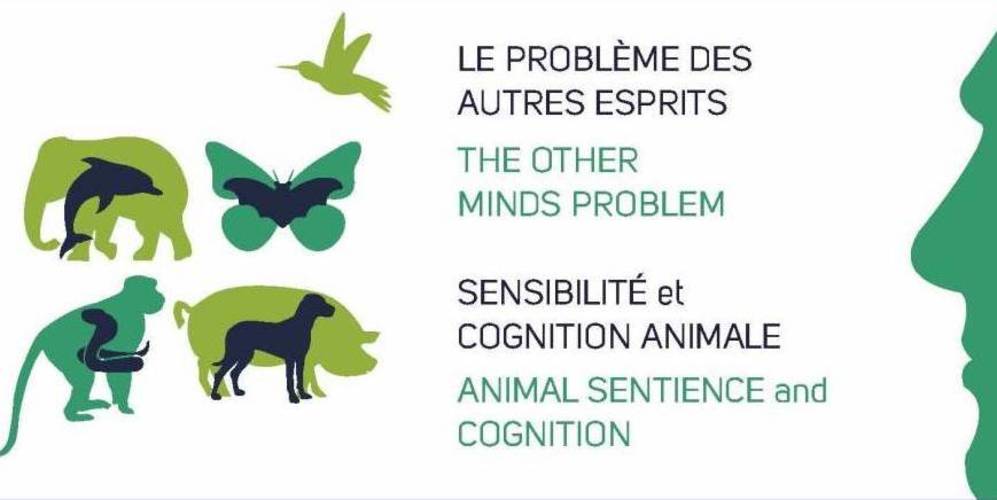Tuesday, 26 February 2019
A Podcast on the Nature of the Human Mind

Some of you may be aware of the distinction, in Cartesian radical dualism, between the extended thing and the thinking thing, otherwise known as the body and the mind. A similar but perhaps more insidious distinction is made between the brain and the rest of the body. Likewise, the distinction between the individual and the rest of his or her environment is still taken as self-evident. In all three cases, tradition and “basic common sense” naturally lead us to think of the two terms in each dichotomy as clearly separate things. But in all three cases, according to today’s cognitive science, we are quite simply wrong.
In the June 2018 episode of the podcast Brain Science, Ginger Campbell talks with Alan Jasanoff about his book The Biological Mind: How Brain, Body, and Environment Collaborate to Make Us Who We Are. Jasanoff takes issue with what he describes as a certain “mystique of the brain”—our tendency to overemphasize the brain as a “subject”, as it it had its own life disconnected from the organism in which it is housed. Jasanoff reminds us that, on the contrary, the brain is part of this body that is subject to the biological imperative to stay alive, to postpone for as long as possible the victory of entropy, the second law of thermodynamics—in short, death. (more…)
From the Simple to the Complex | Comments Closed
Thursday, 14 February 2019
A Summer School on Animal Sentience and Cognition

“Without consciousness the mind-body problem would be much less interesting. With consciousness it seems hopeless.” – Thomas Nagel
“What is it like to be a bat?” is the somewhat disconcerting title of philosopher Thomas Nagel’s famous 1974 article on the ineffability of subjective consciousness. In reality, we humans will never know what it is like to use echolocation to navigate as we fly through the air, because, unlike bats, we simply don’t have the bodies or the nervous systems to do so. But the question of animals’ experience in general is nevertheless highly relevant, if only because our human species has the faculty of language and has developed a scientific method that lets us make observations and deductions about the mental states of other human beings and other animals. And because humans domesticate, exploit and exterminate thousands of other animal species, knowing what they may experience becomes an ethical imperative to guide the way we treat them. (more…)
The Emergence of Consciousness | Comments Closed








